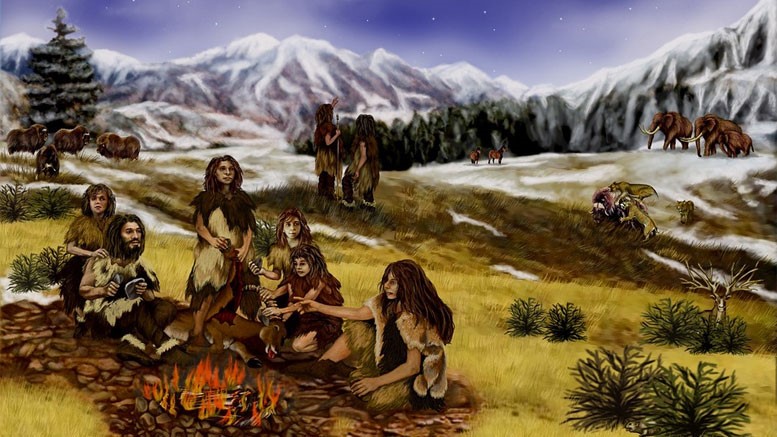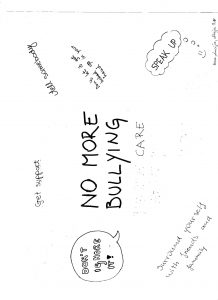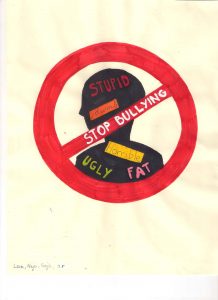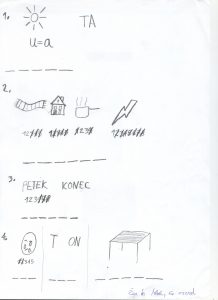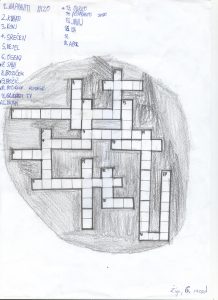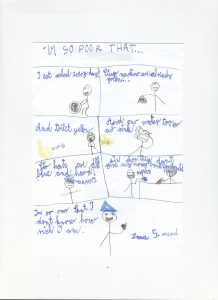In our English class this year, we talked about bullying. We read some texts in our book and on the internet and we watched a video about victims of bullying.
Bullying is when a person or a group of people picks on a victim. It is violence among peers and it can be physical (fighting, punching, etc.) or mental (calling names, telling lies). Cyberbullying is a special kind of bullying which happens on the internet (spreading lies about someone, gossip, etc.) It is probably the most common nowadays.
Bullying has many different causes. Usually it is connected with how the victims look. Victims are usually short, overweight, ginger, they sometimes wear glasses. By character, they are quiet, shy, they like to be on their own rather than in a group, they can be new at school. They can be poor or, on the other hand, rich and spoiled. Their sports ability or grades at school can be a cause too. They can be of different race or religion
Typical bullies are usually popular at school, popular with the opposite sex, they have lots of friends, are intelligent and good-looking, they can be fashion leaders.
We think bullying happens everywhere, at every school, because there is always one kid who won’t stop doing it. To square up doesn’t work, because bullies are usually stronger. If you experience bullying, you should speak up and get support. You should tell your parents, your teachers, other trusted adults. Surround yourself with family and friends – people who care about you. Bullying needs to stop because it hurts people and damages their self-image. However, usually even if teachers punish bullies they don’t stop because they don’t care about it. We think more people should be notified of this problem because it’s very serious.
A mini-dictionary of bullying:
- to call somebody names = zmerjati,
- extortion = izsiljevanje,
- spoiled = razvajen,
- to square up to somebody = postaviti se zase,
- to reach = doseči,
- to be expelled from school = biti izključen iz šole,
- insignificant = nepomemben,
- upset = prizadet,
- to distance youself from somebody = oddaljiti se od nekoga,
- to mock = zmerjati, žaliti,
- to pick on somebody = spraviti se na nekoga,
- to frighten = zastrahovati,
- to threaten = groziti,
- cyberbullying = spletno ustrahovanje,
- peers = vrstniki,
- to tell somebody off = ošteti,
- to tackle something = spopasti se z nečim,
- to surround yourself with = obkrožiti se z.
- r
